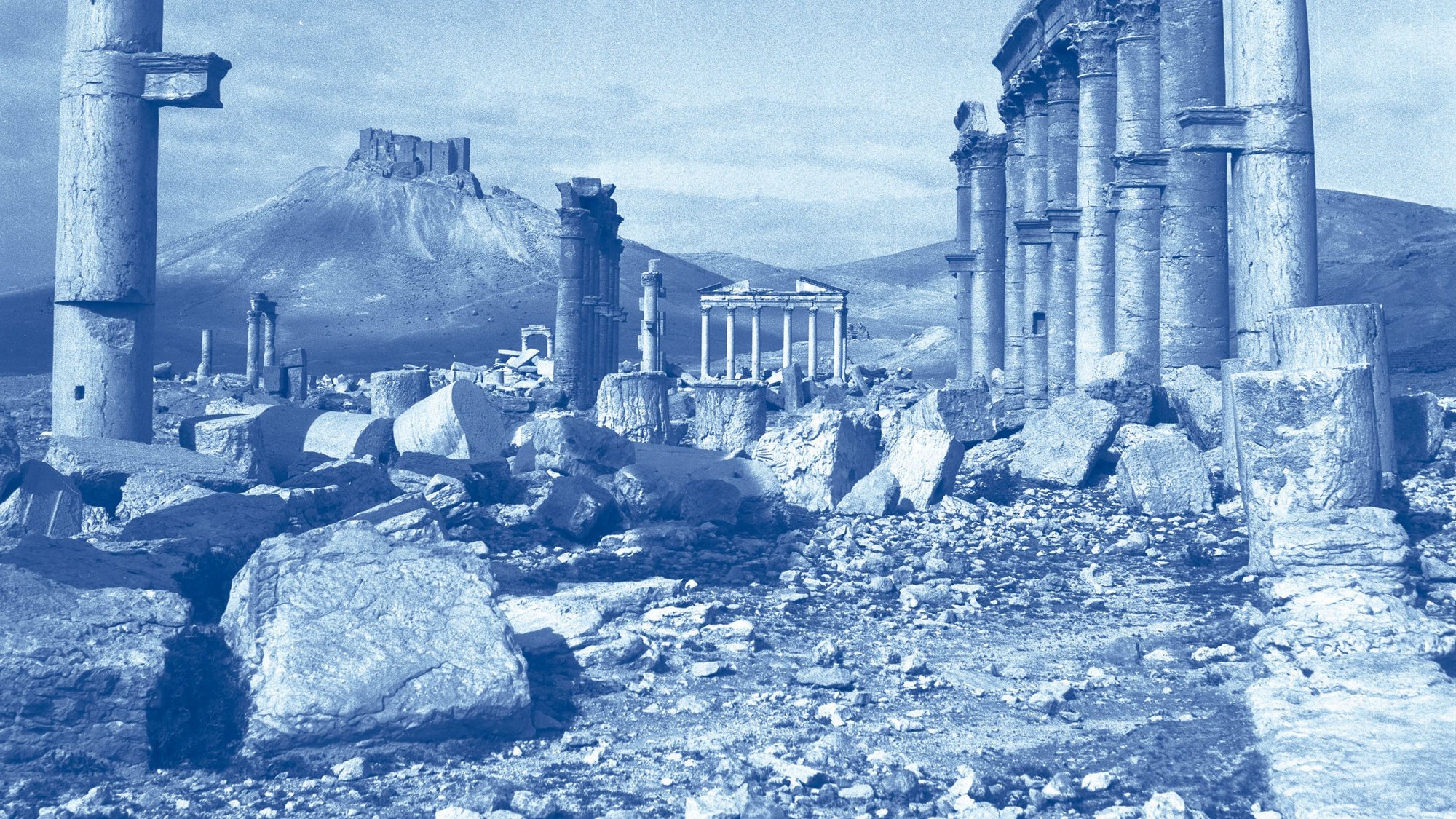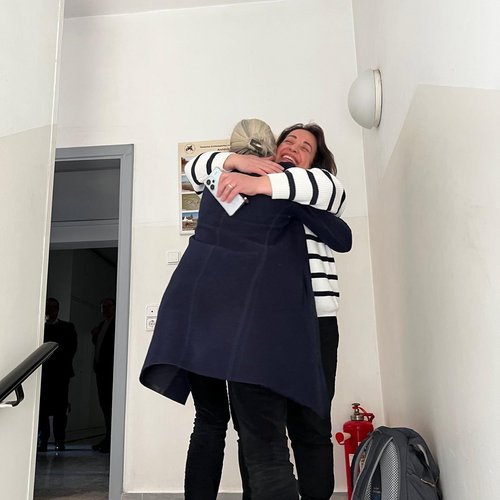Overview
As one of the largest archaeological research institutions in the world, the German Archaeological Institute bases its actions on factual priorities, not symbolic ones. In order to pool expertise and create synergy effects, the idea for the project ‘Zero Hour – A Future for the Post-Crisis Period’ was born. We launched the project together with partners from the Archaeological Heritage Network, the Department of Culture and Communication of the Federal Foreign Office and the German Society for International Cooperation (GIZ). Special funds for ‘Refugees and Migration’ from the Federal Foreign Office, with the support of the German Bundestag, will help to implement the project over the next few years.
The situation in Syria
The barbaric acts of destruction of cultural heritage in Syria and Iraq by the so-called Islamic State dominate media coverage and public perception. The images of the media-staged demolition of the temples in Palmyra are overwhelming. The daily destruction of Syrian cities and large parts of the cultural heritage that has been going on since 2011 is almost completely overlooked – and with it the questions of how Syria can be rebuilt as a place for people to live after the end of the crisis. It is therefore essential to approach the reconstruction of Syria as a task that encompasses both restoration and the preservation of ancient sites.
Fundamentals:
Research and data collection
Since 2012, the German Archaeological Institute (DAI) has been pursuing a broader approach that focuses on capacity building, preserving artistic and craft traditions, and establishing international networks for cultural preservation. One of our initiatives is the Syrian Heritage Archive Project, which – with the support of the Federal Foreign Office – is working together with the Museum of Islamic Art (SMB) to systematically digitise the wide range of information on Syria's cultural heritage collected over more than 100 years. The aim is to provide Syrian colleagues with a basis for rebuilding Syria's cultural heritage and, beyond that, to be able to reliably identify looted goods in the illegal art trade.
The current challenge
The temples of Palmyra are important monuments of Syria's cultural heritage. However, the reconstruction of Syria must also take into account other sites and measures for cultural preservation. Urgent action is needed to save and preserve Syrian cities with their ancient monuments and historic centres. It is therefore not only a question of how to deal with the temples of Palmyra, but also of deciding what to do with, for example, the Aleppo bazaar, a UNESCO World Heritage Site that was destroyed in 2012. Should the old town of Aleppo be preserved in its structure and partially rebuilt, or replaced by a planned new city? Syrian experts are working together with German colleagues to design and ultimately implement effective planning processes.
Training
The ‘Stunde Null’ project focuses on the further training of Syrian architects, archaeologists, monument conservators, building researchers, urban planners and, above all, craftsmen. A large part of the training and further education takes place in Syria's neighbouring countries, which have taken in refugees. University graduates can also apply for scholarships for master's degree programmes in architectural conservation at Helwan University in Cairo and the German Jordanian University in Amman. In addition, local workers are receiving professional training and further education to become skilled workers in the preservation of important monuments in Lebanon, Jordan, Iraq and Turkey. The project thus combines humanitarian aid with job creation. It creates jobs and opens up prospects through training – not in abstract teaching units, but in concrete planning and application in the reconstruction and thus preservation of important monuments in the region.
The ‘Zero Hour’ project is the first project to be carried out within the framework of the Archaeological Heritage Network, a network for the preservation of cultural heritage. The network and project are supported by the Federal Foreign Office.


